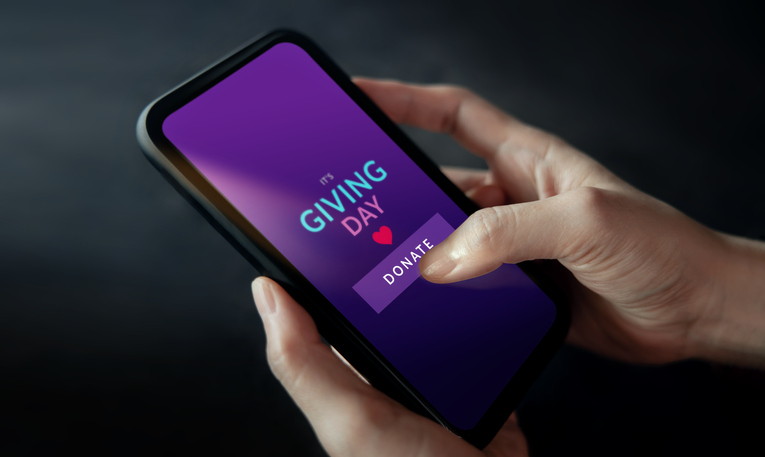By Heidi Klessig, M.D.
In the never-ending quest for viable organs, doctors have found a way around brain death and circulatory death criteria.
Transplant centers around the country are removing organ donors from life support, clamping off the blood flow to their brains, and then restarting their hearts. Thus, the organs are resuscitated and viable for transplant, but the person doesn’t wake up.
This procedure, known as normothermic regional perfusion with controlled donation after circulatory death (NRP-cDCD) allows for organ harvesting in patients who are not brain-dead but are not expected to survive. Life support is removed, and after the heart stops beating, doctors wait an average of 2 to 3 minutes to see if the heart will restart on its own.
If it doesn’t, surgery begins with clamping off the blood flow to the patient’s brain. When the rest of the body is resuscitated, the brain is excluded from the returning blood flow, and the body is effectively made “brain-dead” on purpose. After brain circulation is occluded, the rest of the body is hooked up to a cardiac bypass machine to deliver warm, oxygenated blood to the organs.
According to the University of Nebraska protocol, “once blood flow to the heart is established, the heart will start beating.” The remaining organs are thus resuscitated and can be harvested for transplantation. The NRP-cDCD protocol allows harvesting organs, such as the heart and intestines, which would quickly become nonviable and unsuitable for transplant with previous circulatory death harvesting techniques.
Hastening Death?
Many medical professionals are uncomfortable with donation after circulatory death because they know patients are routinely resuscitated after 2-3 minutes of cardiac arrest. Ari Joffe, M.D., a clinical professor of pediatrics and critical care at the University of Alberta, found at least 12 patients whose hearts restarted without any medical intervention after as much as 10 minutes of cardiac arrest. Some of these patients made a complete recovery.
In 2020, the heart of a young woman who had been declared dead by circulatory criteria was noted to have restarted during the removal of her kidneys, even as she began to gasp for breath. The coroner declared her “second” death a homicide.
Because of concerns such as these, in 2021 the American College of Physicians (ACP) recommended pausing the practice of NRP-cDCD , as “the burden of proof regarding the ethical and legal propriety of this practice has not been met.” Other nations, such as Australia, have banned NRP-cDCD altogether. But despite ongoing ethical concerns, this type of organ harvesting is continuing and expanding in the United States.
The model Uniform Declaration of Death Act (UDDA) was approved by the Uniform Law Commission in 1981, and has been enacted into law in most states. Under the UDDA, a person may be declared legally dead after the irreversible cessation of circulatory and respiratory functions, or the irreversible cessation of all functions of the brain, including the brainstem. The current practice of NRP-cDCD restarts the heart well within the time normal resuscitation can still occur.
Medical-Legal Sleight-of-Hand
How is circulatory function irreversible if the heart can be restarted in the patient’s own chest? Now they can still be claimed as dead, according to the UDDA’s cessation of brain function criteria. This medical-legal sleight of hand is used to obfuscate the fact physicians are violating the dead donor rule, which states organ donors cannot be killed to obtain their organs, and organ procurement cannot cause death.
Matthew DeCamp, M.D., Ph.D., a bioethicist at the University of Colorado, wrote in the journal Chest: “Restarting circulation reverses what was just declared to be the irreversible cessation of circulatory and respiratory function. It is no defense to suggest the patient was already dead when the action negates the conditions upon which the determination was made.”
Wes Ely, M.D., M.P.H., a critical care physician and transplant pulmonologist at Vanderbilt University, told MedPage Today: “We’re so hungry for organs right now we are pushing all the limits. I just want us to be super-cautious. We need to press the pause button on this and have some more conversations so we can set up boundaries and stay in the right lane. The dignity of the human who donates the organs should never be sacrificed.”
Donors Aren’t Told
Transplant physicians who perform NRP-cDCD are playing fast and loose with both the spirit and letter of the law as spelled out by the UDDA. Because these patients could still be resuscitated, they are not yet dead, and they are being actively harmed by physicians pursuing their organs.
Because these donors are not brain-dead, do they have some level of awareness as they are taken to have their brain circulation cross-clamped? How many families would give their loved ones over to transplant teams if they knew the grisly reality taking place behind the operating room doors?
While medical professionals debate the ethics of “circulatory death,” the American people continue to sign donor cards in ignorance of these facts. Physicians and organ procurement organizations must come clean on the many controversies surrounding both “brain-dead” and “circulatory death” organ harvesting. It is critical patients receive a full explanation of the many ethical questions involved in organ harvesting before giving their informed consent.
Don’t become a victim of unethical organ harvesting practices. Don’t sign that donor card!
Heidi Klessig, M.D. (heidi@respectforhumanlife.com) is a retired anesthesiologist and pain management specialist who writes and speaks about organ donation. Her work may be found at respectforhumanlife.com. A version of this article appeared in American Thinker on October 2, 2022.
Internet Info
“Ethical Considerations in Organ Transplants with Heidi Klessig, M.D.,” America Out Loud Podcast, November 1, 2022:
“Think Twice Before Signing that Donor Organ Card – Heidi Klessig, M.D.,” The Heartland Daily Podcast, November 28, 2022
